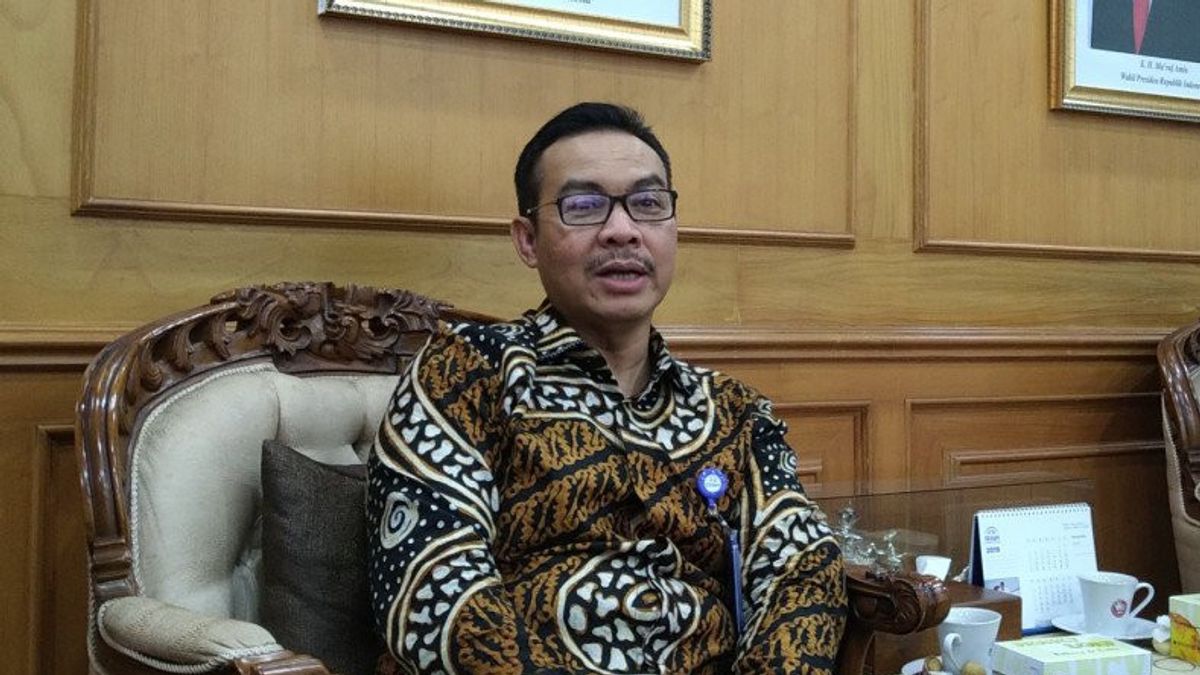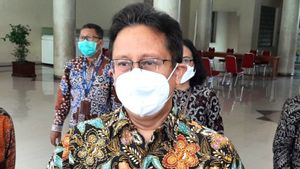JAKARTA - The National Population and Family Planning Agency (BKKBN) held a kick-off audit of stunting cases in Indonesia.
This is done in the context of implementing Presidential Regulation Number 72 of 2021 concerning the Acceleration of Stunting Reduction.
In this case, the stunting reduction acceleration team starting from the sub-district, village, district/city levels, conducts an audit of stunting cases.
The audit includes identifying the number of cases that cause governance that is being implemented, the level of effectiveness and obstacles that occur, formulating solutions to the problems discussed in the stunting case audit in each region, evaluating the results of follow-up actions aimed at providing recommendations for actions, to appropriate handling of cases. stunting cases.
The stunting case audit was carried out with experts consisting of pediatricians, obstetricians, psychologists, and nutritionists.
In the kick-off opening of the stunting audit, the Head of the BKKBN Hasto Wardoyo emphasized that the stunting case audit is very important in implementing the stunting management system.
"Experts who are also present at the district level today to discuss difficult cases and of course diagnoses that are still in a dilemma. Therefore, this is the importance of an audit," said Hasto in a virtual event, Thursday, March 17.
Hasto said that the stunting case audit will prevent over-diagnostics or over-diagnoses. This is because diagnostics in cases of excessive stunting can have an impact on over-handling, as well as widening budgeting for stunting.
"We don't expect all those who are short to be considered stunting, then finally all those who are stunted are treated. On the other hand, don't be under-diagnosed either. So, we hope that the stunting audit team will solve these problems," said Hasto.
Meanwhile, Minister of Health Budi Gunadi Sadikin revealed that there are two types of interventions to reduce stunting rates to 14 percent by 2024, according to President Joko Widodo's orders.
The first is sensitive intervention. Sensitive interventions are interventions that are not directly related to stunting targets, but have a contribution to success in preventing stunting and malnutrition reaching 70 percent.
The second is specific intervention. Budi revealed that specific interventions contributed 30 percent of stunting events. Budi admitted, this intervention is the responsibility of the Ministry of Health.
"We see that there are two important intervention points. First, before birth, which contributes about 20 percent, and also during infancy after breastfeeding. Those are the 2 most critical points to reduce stunting," said Budi.
"We have designed 11 intervention programs. There are 5 interventions for before birth, 5 after birth, and 1 intervention covering the entire period of up to 1000 baby days that we must pay attention to," he continued.
VOIR éGALEMENT:
The eleven interventions that Budi meant were the consumption of blood-added tablets for young women, screening for anemia for young women, pregnancy check-ups for pregnant women, consumption of blood-added tablets for pregnant women, and supplementary food for SEZ mothers.
Next is the intervention after the baby is born. These include monitoring the growth and development of exclusive breastfeeding, providing additional animal protein food for children under two years old, managing toddlers with nutritional problems, and increasing the coverage and expansion of immunization types.
The English, Chinese, Japanese, Arabic, and French versions are automatically generated by the AI. So there may still be inaccuracies in translating, please always see Indonesian as our main language. (system supported by DigitalSiber.id)
















